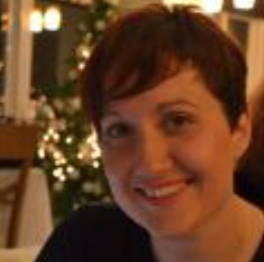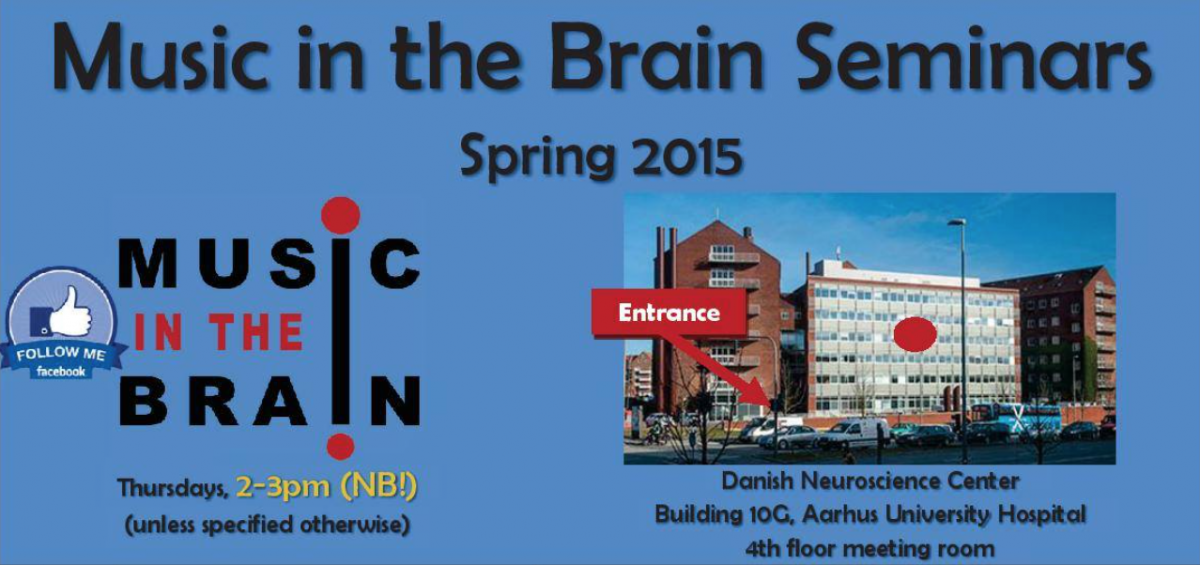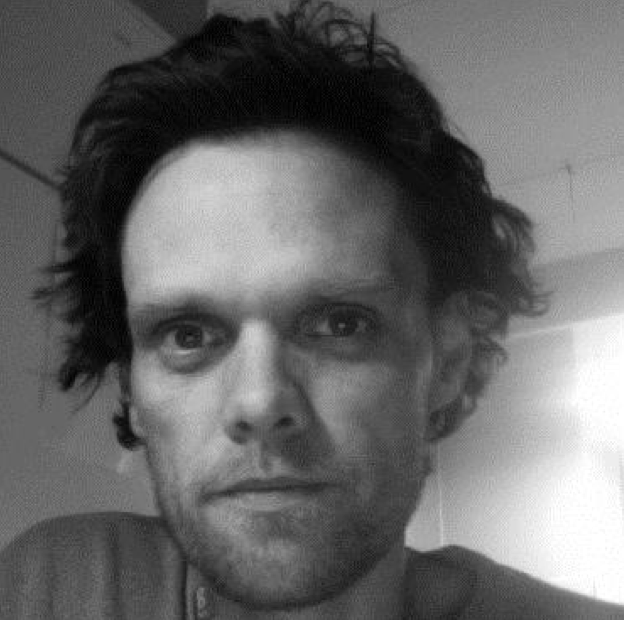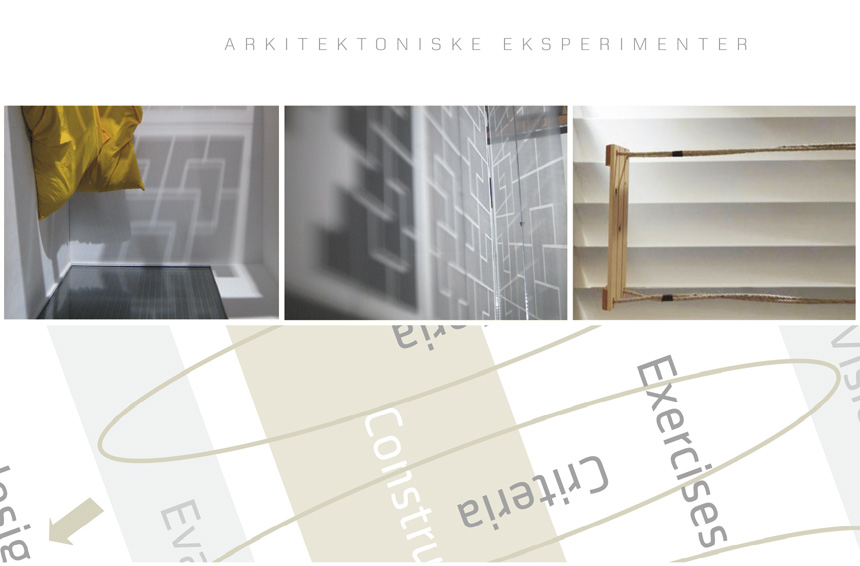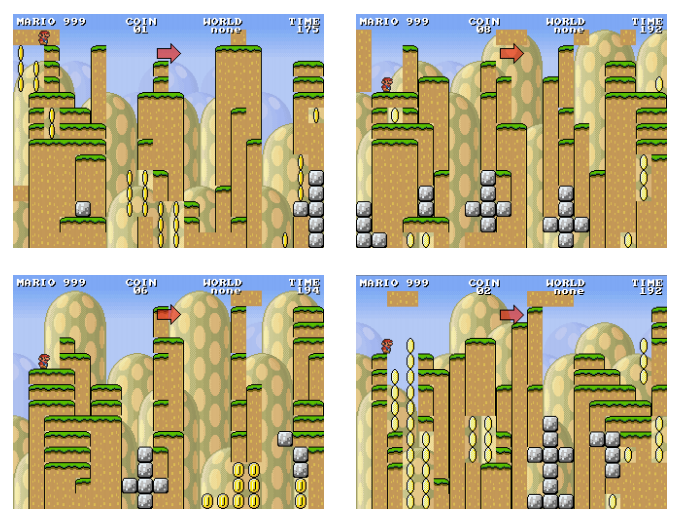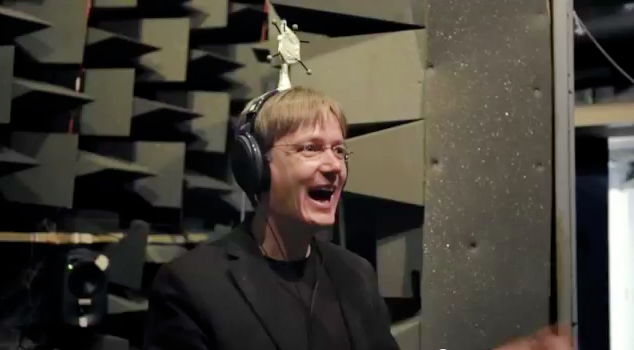Who: Professor Ljiljana Stevovic-Brankovic, The University of Newcastle, Australia
Title: “Flipped Classroom, Dynamic Worked Examples and Gamification of Computer Science Courses”
When: Thursday, 28th April, 12:30-13:30
Where: Acm15 C1/2.1.009 (25 pers)
Abstract: Flipped classroom is a teaching method in which the students watch pre-recorded lectures before actually coming to the class. It is a type of blended, learner-centred model that enables skills such as teamwork, problem solving and higher order thinking. Flipped Classroom is now becoming more widespread and has found its way into many universities in USA, Australia and world-wide. In computer science and software engineering programs, many students many students already work part time in their second or third year. Therefore, their opportunities for attending all lectures and tutorials are greatly reduced. In such an environment, it is important to provide a blended learning environment to give equal opportunities to bot working and studying-only student cohorts. Gamification refers to the use of elements of games in non-game contexts and has been applied in workplace, marketing, health programs and other areas, with mounting evidence of increased interest, involvement, satisfaction and performance of the participants. More recently gamification has been emerging as a teaching method that has a great potential to improve students’ motivation and engagement. Gamification in education should not be confused with playing educational games, as it only uses concepts such as points, leader boards, etc, rather than computer games themselves.
In this talk we describe our experience with introducing flipped classroom, dynamic worked examples and gamification in two theoretical computer science courses, namely Introduction to Algorithmic and data Security. Majority of the students felt that Flipped Classroom is helpful and should be introduced into other computer science and software engineering courses. They also thought that the quizzes both motivated them to watch the lecture recordings before coming to the class, and were helpful for their learning. In addition to student perception, it appears that Flipped Classroom helps improve the learning outcomes. In both courses, the percentage of High Distinctions remained similar after introducing Flipped Classroom, while the percentage of Distinctions, or Distinctions and Credits increased. In both courses the percentages of Passes and Fails dropped. Through the Games we observed improved student motivation, engagement and commitment. It was almost always hard to get students to submit their work and leave the classroom at the end of Game sessions as they always worked to the last minute and felt they had more to add to their papers. Anonymous student surveys that we conducted indicated that gamification supported their learning and motivation, and that these outcomes improved with second and third Games implementations as we learned what worked and what did not.
Professor Ljiljana Brankovic
Assistant Dean (Student Engagement)
Faculty of Engineering & Built Environment
The University of Newcastle
Callaghan NSW 2308
AUSTRALIA
E-mail: Ljiljana.Brankovic@newcastle.edu.au
Tel: 61 2 4921 6054
Fax: 61 2 4921 6929
